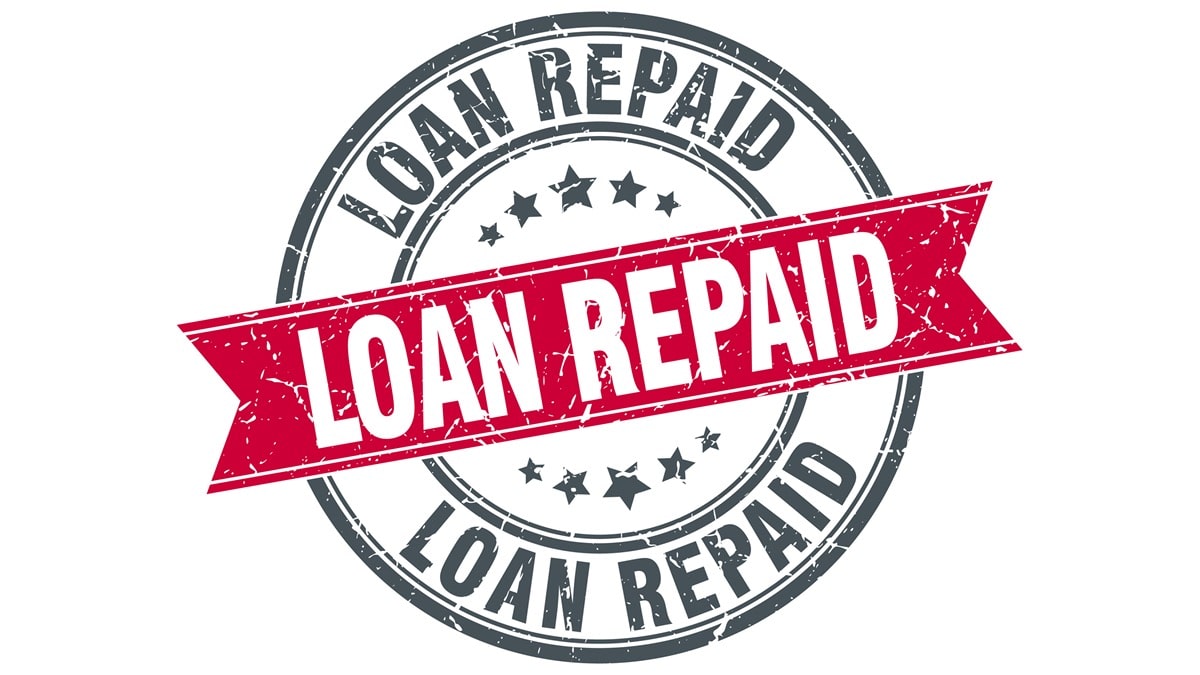SMSFs and property
Self-managed super funds (SMSFs) are the only type of super fund that is allowed to invest directly in residential and non-residential (commercial/business) property, provided this is consistent with the fund’s investment strategy.
An SMSF borrowing to purchase property must do so via a limited recourse borrowing arrangement (LRBA). The property is then placed in a separate trust and the other assets are protected if the fund subsequently defaults on making the property loan repayments.
When an SMSF sells a property, capital gains tax (CGT) is payable. The capital gain is added to the fund’s assessable income. There is a 33% CGT discount if the property is owned by the fund for longer than a year.











